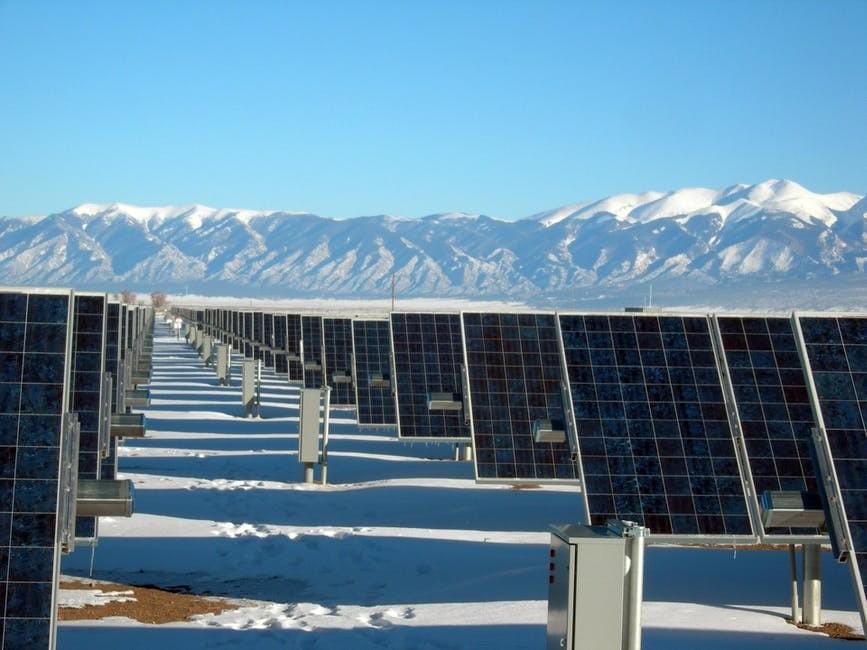
If you live in an area that permits solar panel installation, you may be able to get the job done faster. Several solar panel installation companies have made it easy to obtain the permits you need. The net metering programs process can take anywhere from a day to three days, depending on the size of the panels. You should also plan for the installation of a power meter for net metering, which will add an additional day to the installation time.To begin the installation process, you must prepare the roof of your building to receive the solar panels. Installers will install electrical wiring and solar panel racking.
The racking will be attached to the roof and tested for safety before the solar panels are attached to it. Once the solar panels are installed, they will be connected to the inverter. Your solar panel installation project will be complete when you receive your solar bill each month. You will be amazed at how much energy your home will produce!Before the installation, you should first research the best solar panels, power optimizers, and microinverters. You should also look into the features and benefits of the different solar panel types. After you have gathered all of this information, you can choose the one that works best for your needs and your budget. Ultimately, solar panel installation will help you save money on your electricity bills for many years. So, get ready for an investment! You won't regret it. When installing solar panels, make sure you follow manufacturer's instructions carefully. Many of the components that go into solar panel installations use spring clamps that require you to push a metal bar down onto the wire before it can connect. If you have any questions, check out the installation videos for the SMA Sunny Boy and SolarEdge HD-Wave panels. Enphase has a great video that takes you step-by-step through the installation process. View this site for more info about solar panels. Once you've finished your solar panel installation, make sure you get a final inspection. This inspection will ensure that your solar panel installation meets electrical code standards. An inspector may also install a net meter in your home. This meter will monitor the production of solar energy and allow you to send excess power back to the grid. In a few years, you'll have more than paid for your solar installation. But if you're unsure, consult a solar engineer for a proper solar system for your residential needs. If you've already made your decision to go green and install solar panels, it's important to understand the necessary paperwork before hiring an installer. You'll need to get a building permit and obtain other paperwork. While the majority of this paperwork is handled by your installer, it's still a good idea to be aware of the various government rebates and incentives available. Then, you'll need to apply for federal and state solar incentives and local programs to qualify for them. You should also consider obtaining solar renewable energy certificates. Learn more about solar power on this website: https://en.wikipedia.org/wiki/Solar_power.